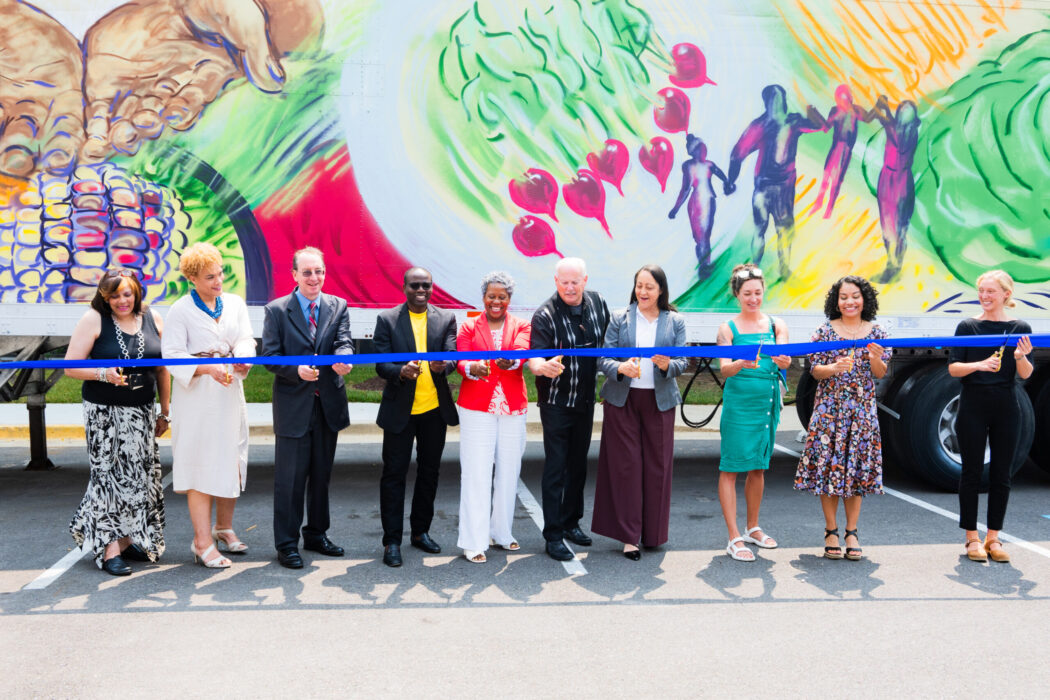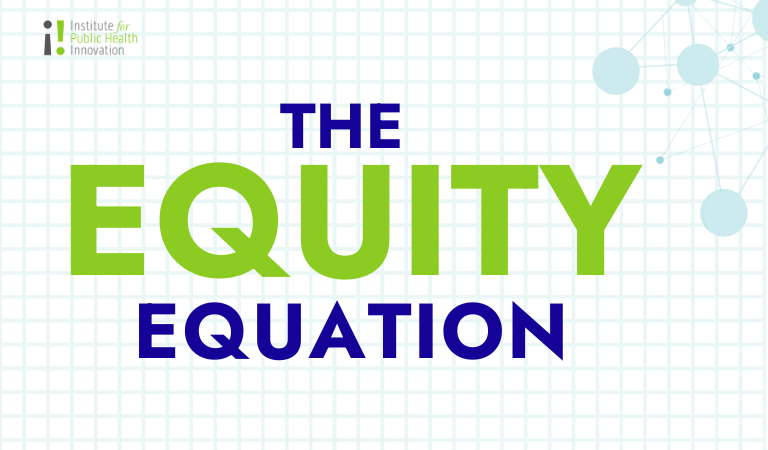
The Equity Equation
The Equity Equation webinar series examines health equity issues and highlights policy and systems-level solutions in the District of Columbia, Maryland, and Virginia.
Through this series we aim to:
- Highlight pressing and emerging public health issues that have significant impact on health equity and racial justice.
- Draw connections between regional health outcomes, health inequities and root causes such as racism, sexism, classism, etc.
- Analyze the implications of past, present and/or proposed policies on the health of specific communities or population health in our region.
- Identify potential policy and systems strategies that target the social determinants of health and their distribution among communities and populations to reduce inequities.
Upcoming webinars
Please save the date for the webinars listed below! Registration links will be posted as they become available.
Previous webinars
Recordings from past webinars:
“Power in Policy: Driving Change for Black Maternal Health” April 15, 2024
This webinar featured:
- Dr. Tamara Henry, Ed.D., George Washington University Milken Institute School of Public Health
- Angelia Williams Graves of the Virginia Senate, 21st district
- Krystal Oriadha from Prince George‘s County Council, District 7
After watching the webinars, please complete this feedback survey.
“The American Life Expectancy Crisis” February 27, 2024
This webinar featured:
- Steven Woolf, MD, MPH, Virginia Commonwealth University Center on Society and Health
- Amy Wentz, Co-Founder of Southside ReLeaf
- Councilwoman Cynthia Newbille, PhD, MA, Richmond City Council, 7th District
After watching the webinars, please complete this feedback survey.
Resources/Reading lists
Here are developed reading lists and resources for a deeper dive into the these topics.
To learn more about The Equity Equation, please contact IPHI training at [email protected].
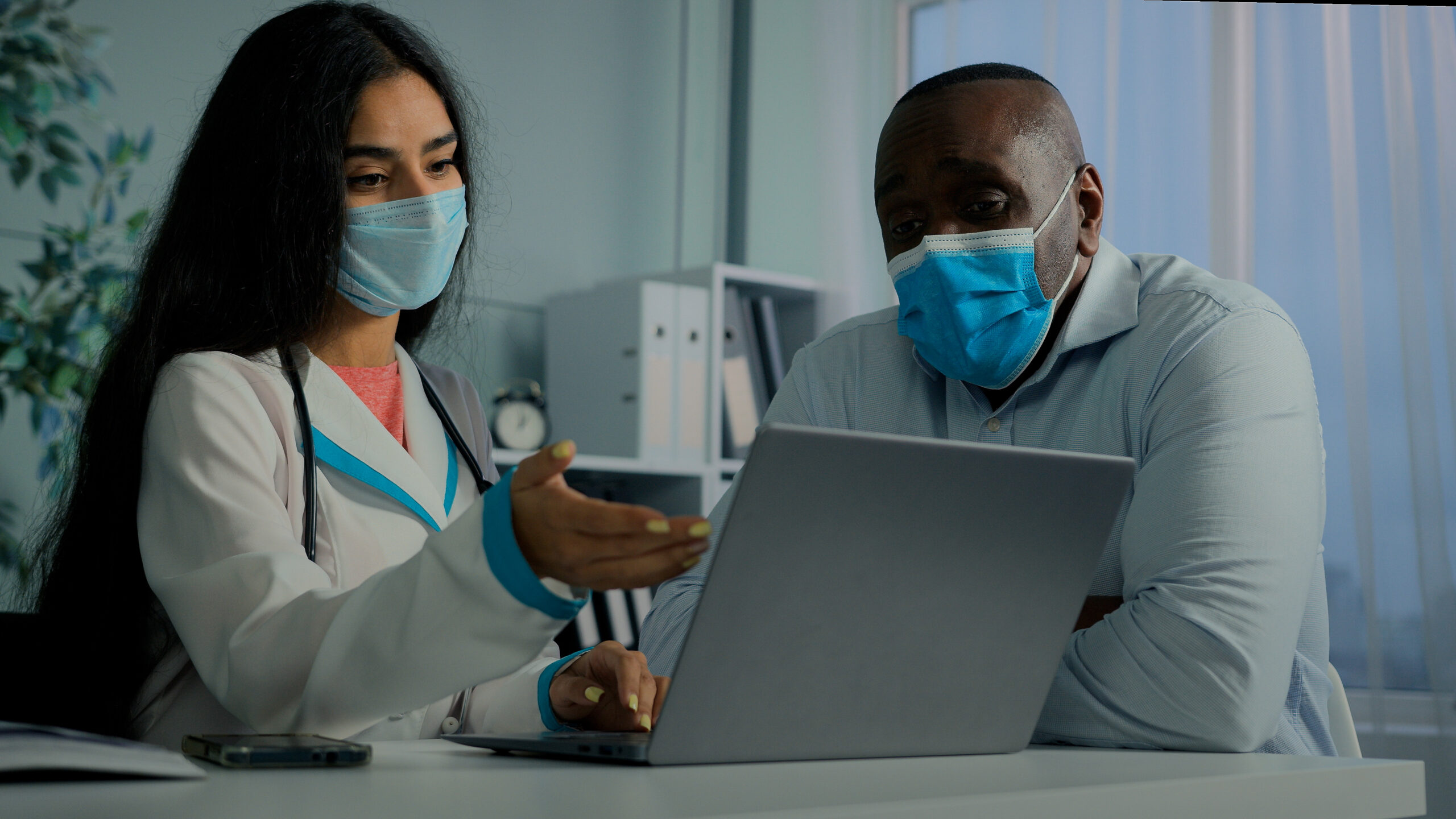

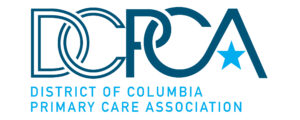
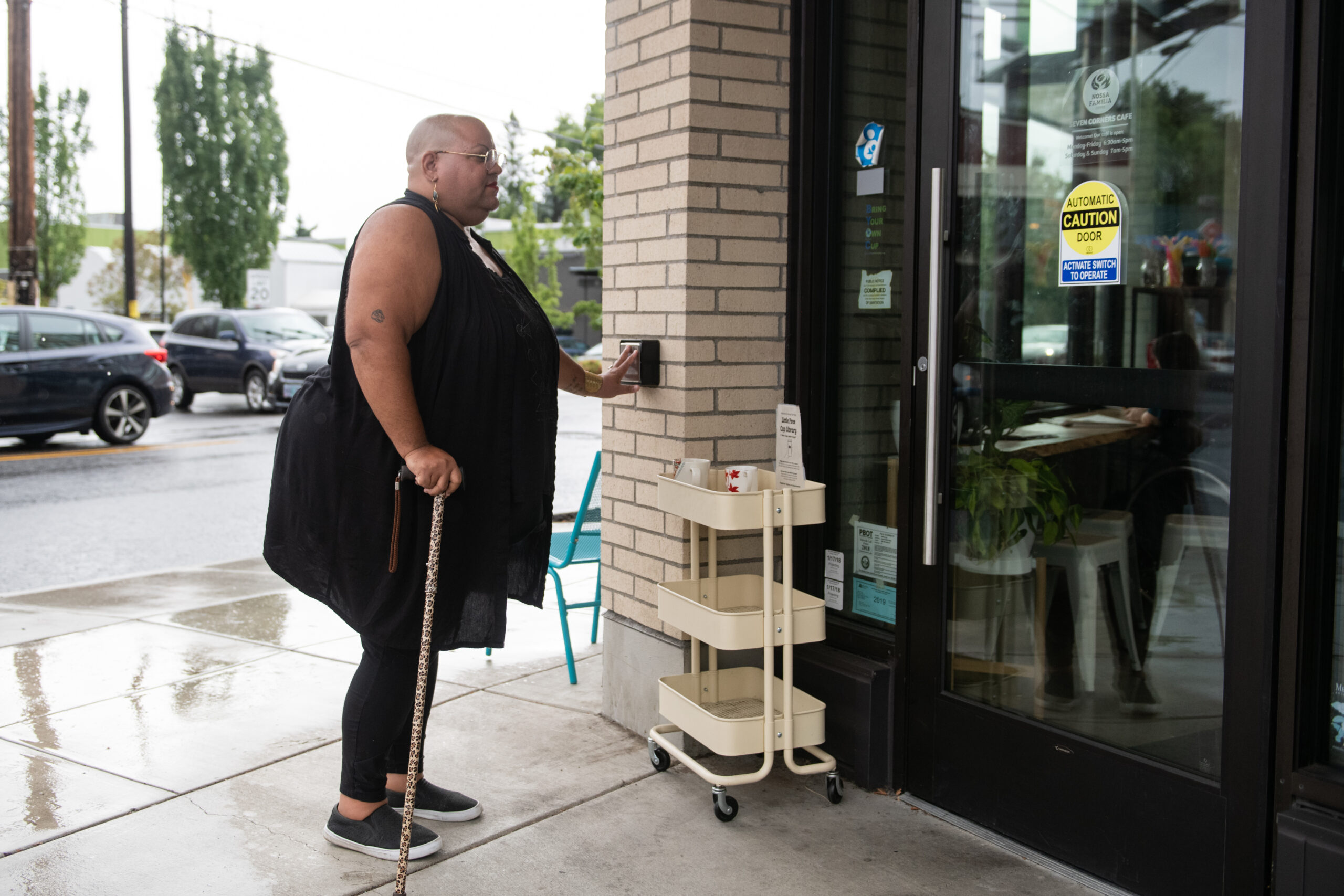
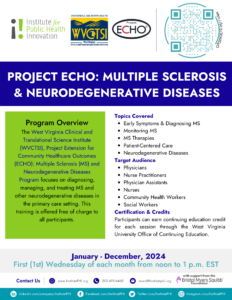
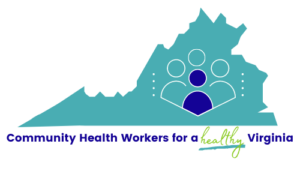
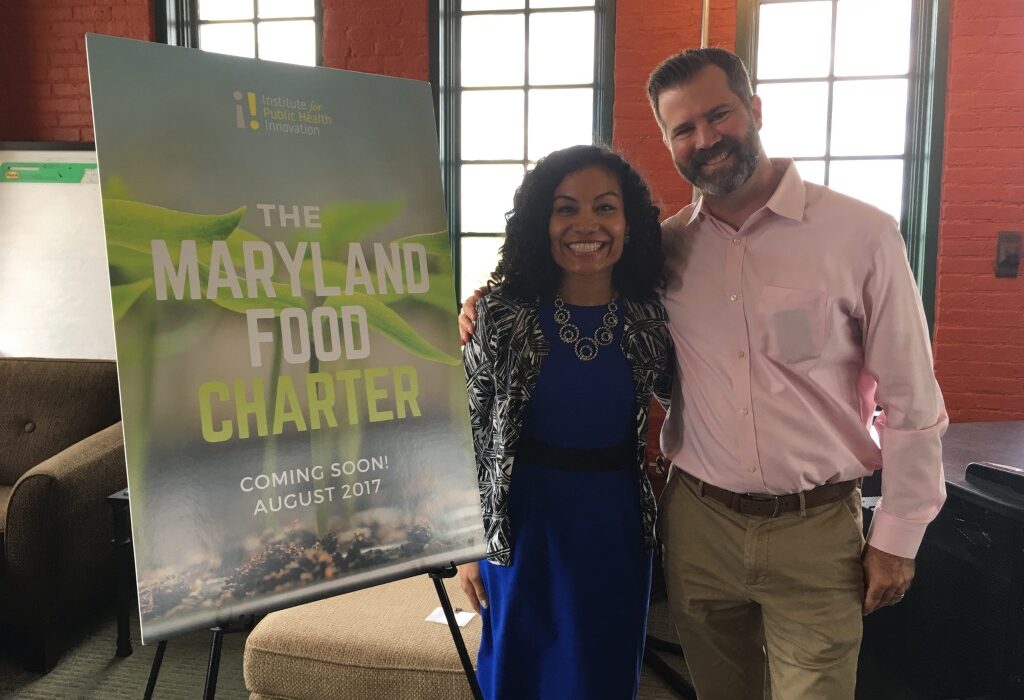
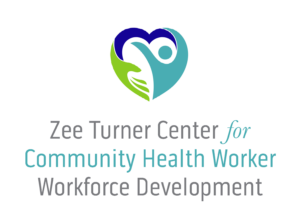 The CCHW was launched in 2013 to grow opportunities for peer-based workforce strategies. Specifically, the center was created to develop and support the community-based health workforce and CHWs. The new name, Zee Turner Center, is in memory of CHW Zhilphia “Zee” Turner. Zee Turner was an IPHI employee who dedicated 15 years of her life to serving the Washington, DC, area. As someone who lived with a chronic health condition for 24 years and overcame adversity, Zee used her experience to help communities with substance use addiction and HIV/AIDS.
The CCHW was launched in 2013 to grow opportunities for peer-based workforce strategies. Specifically, the center was created to develop and support the community-based health workforce and CHWs. The new name, Zee Turner Center, is in memory of CHW Zhilphia “Zee” Turner. Zee Turner was an IPHI employee who dedicated 15 years of her life to serving the Washington, DC, area. As someone who lived with a chronic health condition for 24 years and overcame adversity, Zee used her experience to help communities with substance use addiction and HIV/AIDS.